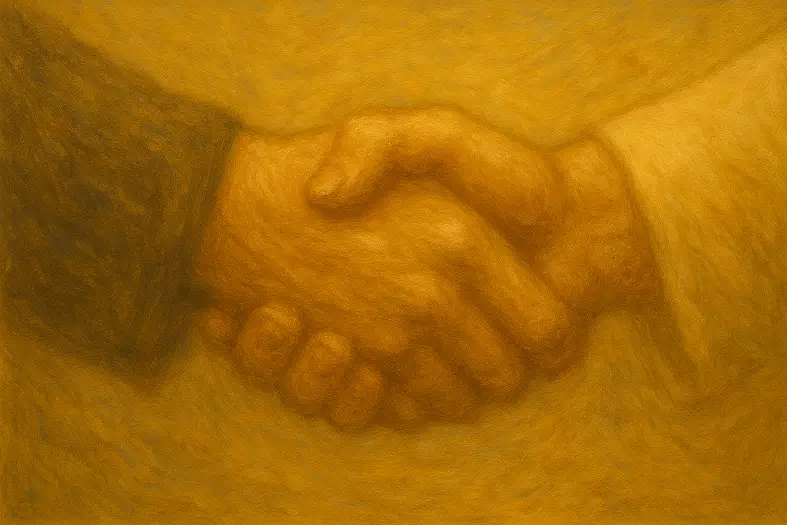


Every seventh year, creditors must release outstanding debts owed by fellow Jews, declaring them canceled as part of the Shemitah cycle.
This mitzvah commands that all debts owed between Jews are released at the close of the Shemitah year. When the year ends, creditors are forbidden to demand repayment; instead, the loan is canceled in recognition of “שְׁמִטָּה לַה'” — Hashem’s release.
The mitzvah embodies the Torah’s vision of economic compassion and reset. By ensuring that debt does not accumulate endlessly, the Shemitah year restores balance to society, relieves the poor, and prevents cycles of financial oppression. The release of loans parallels the release of land and produce, extending Shemitah’s holiness into the financial realm.
Practically, Chazal (Mishnah Shevi’it 10:3) note that this mitzvah applied fully when Yovel was practiced; in later generations, Hillel instituted the prozbul, allowing loans to continue without discouraging generosity. The mitzvah nonetheless teaches an eternal value: financial systems must be infused with mercy, fairness, and awareness of Hashem’s sovereignty over wealth.
Commentary & Classical Explanation:


Represents Emunah—the deep, inner trust in Hashem’s presence, oneness, and constant involvement in our lives. This badge symbolizes a heartfelt connection to G-d, rooted in belief even when we cannot see. It is the emotional and spiritual core of many mitzvot.
Represents the concept of spiritual intentionality, purity, and sanctity—set apart for a higher purpose.
Mitzvot that uphold fairness, honesty, and moral responsibility. Justice is kindness structured — ensuring that society reflects G-d’s order through truth, equity, and accountability.
Empathy in motion — responding to another’s pain with sensitivity, patience, and understanding. Whereas chesed gives broadly, rachamim responds gently, tailoring care to a person’s emotional or spiritual needs.
Mitzvot that strengthen communal life — showing up, participating, supporting, and belonging. Community is where holiness is shared, prayers are multiplied, and responsibility becomes collective.
Mitzvot that define and deepen the relationship between a person and their Creator. These include commandments involving belief, prayer, Shabbat, festivals, sacrifices, and personal holiness — expressions of devotion rooted in divine connection.
Mitzvot that govern ethical behavior, kindness, justice, and responsibility in human relationships. These actions build trust, dignity, and peace between people.

Dive into mitzvos, prayer, and Torah study—each section curated to help you learn, reflect, and live with intention. New insights are added regularly, creating an evolving space for spiritual growth.

Explore the 613 mitzvos and uncover the meaning behind each one. Discover practical ways to integrate them into your daily life with insights, sources, and guided reflection.

Learn the structure, depth, and spiritual intent behind Jewish prayer. Dive into morning blessings, Shema, Amidah, and more—with tools to enrich your daily connection.

Each week’s parsha offers timeless wisdom and modern relevance. Explore summaries, key themes, and mitzvah connections to deepen your understanding of the Torah cycle.